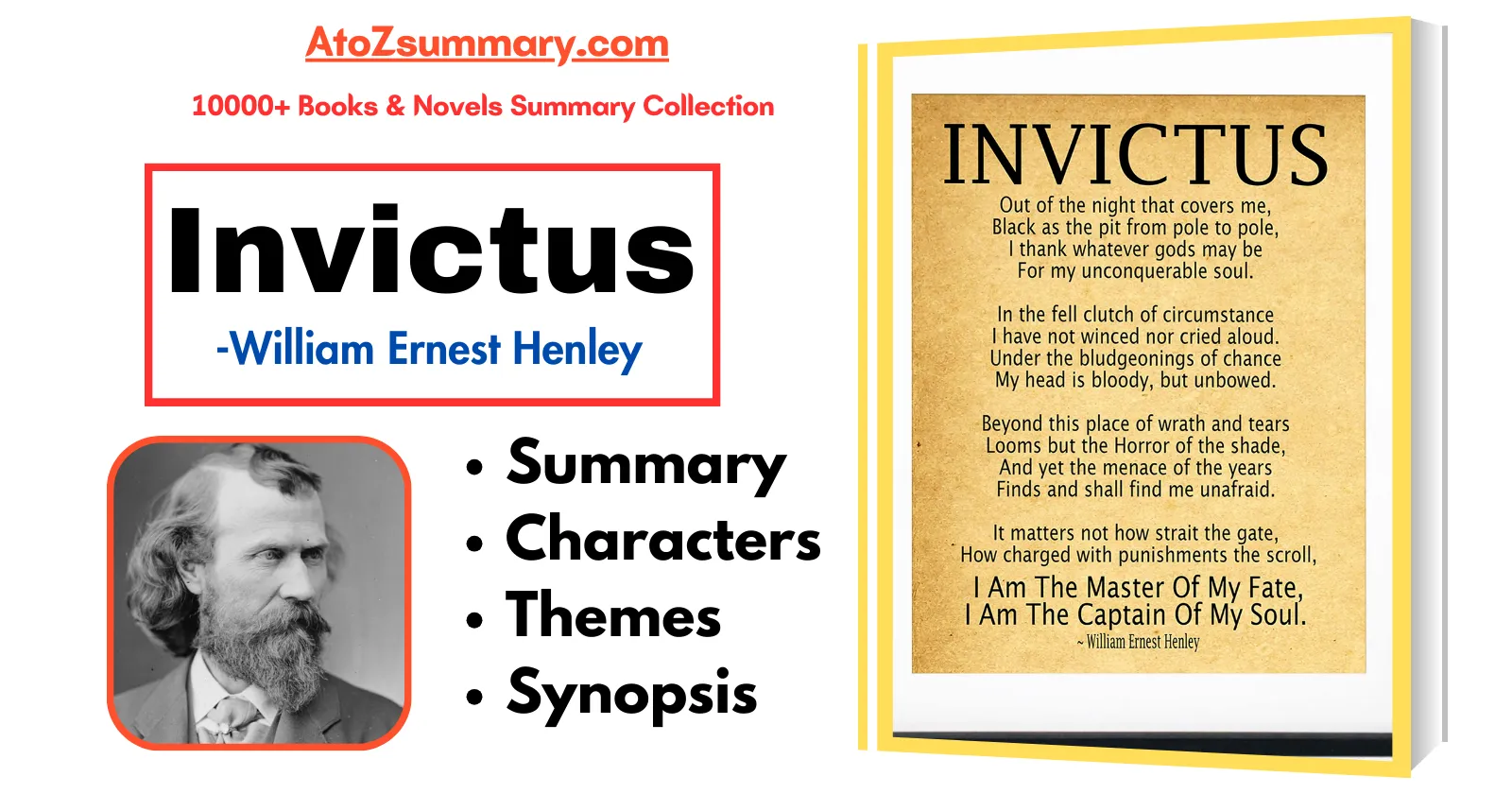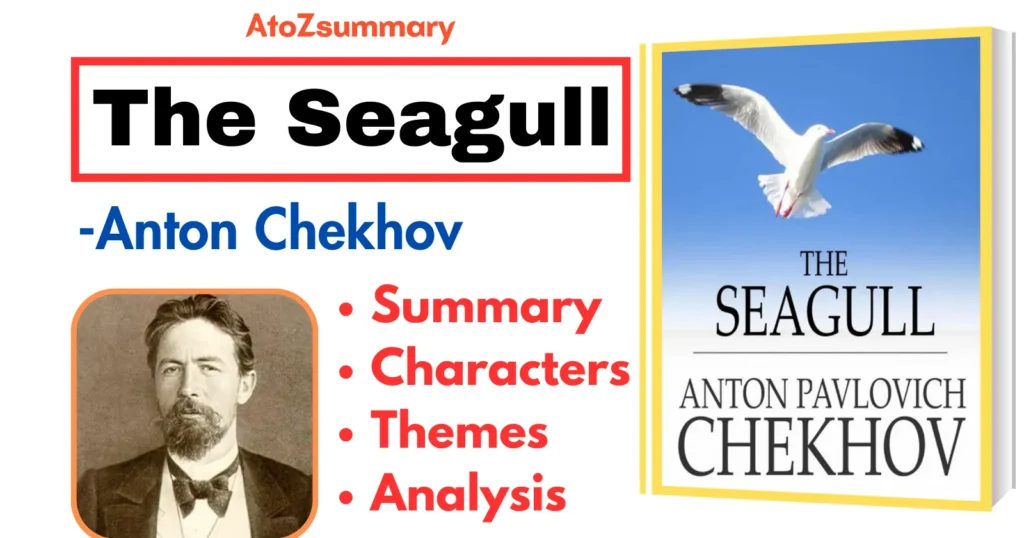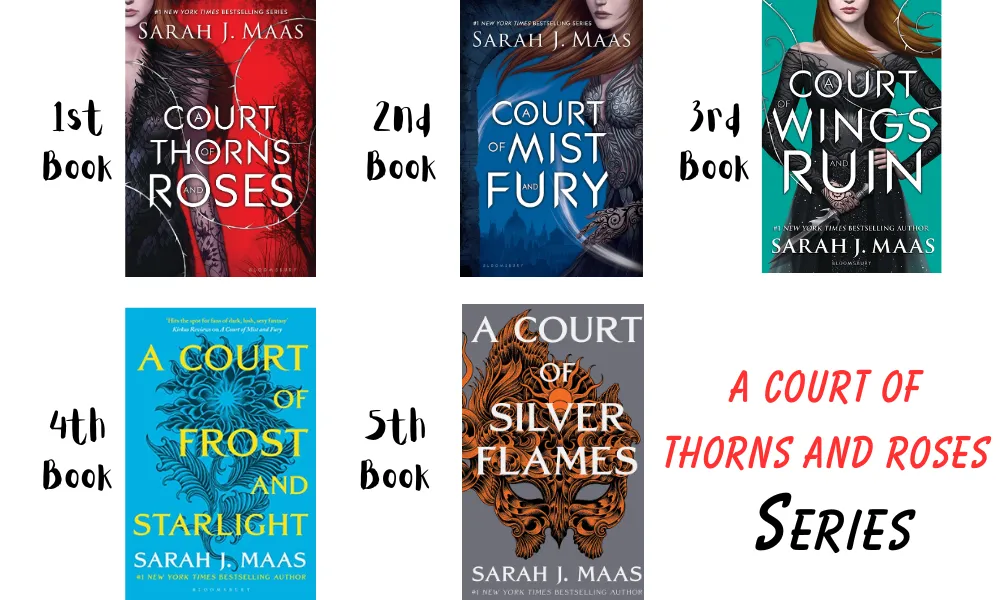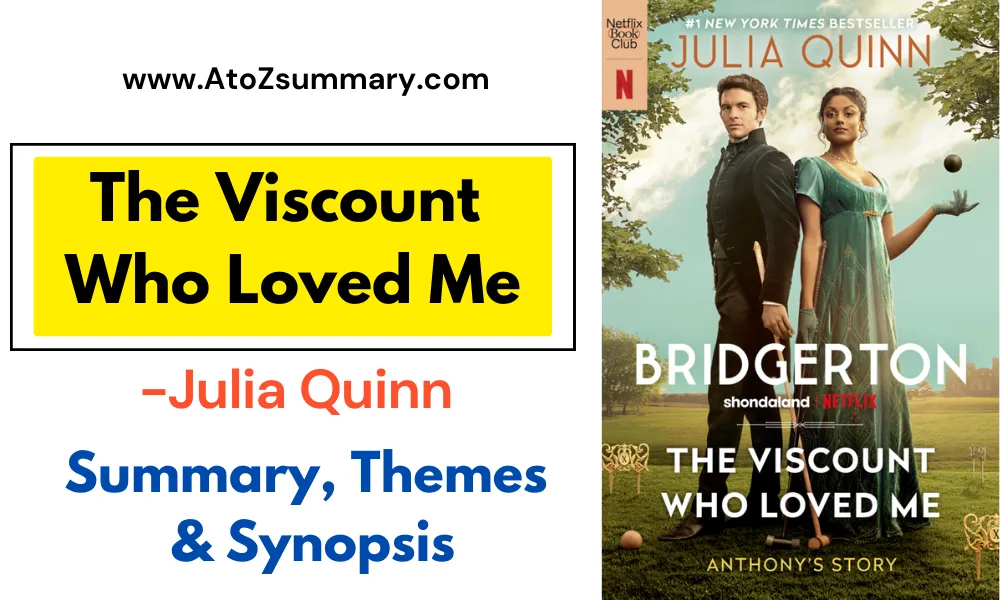About the Poem “Invictus“
| Poem Title | Invictus |
| Poet | William Ernest Henley |
| Published Year | 1875 |
| Theme | Resilience, Courage, Defiance |
| Form | Sonnet |
| Length | 4 stanzas, 16 lines |
| Tone | Defiant, Determined |
| Setting | Figurative; reflects Henley’s personal struggles |
Themes of Invictus
The themes of the poem “Invictus” by William Ernest Henley are:
- Resilience ➤ The poem highlights the theme of resilience, showing how the speaker refuses to give up despite facing immense difficulties and challenges.
- Defiance ➤ It’s about defying the odds and remaining unbroken in the face of adversity. The speaker is determined to stand tall and not be defeated.
- Self-Determination ➤ “Invictus” emphasizes the idea that we are the masters of our own fate and captains of our own souls, encouraging self-determination and personal control.
- Strength in Suffering ➤ The poem explores the strength one can find within themselves even when suffering, symbolizing the power of the human spirit.
“Invictus” Poem by William Ernest Henley
Out of the night that covers me,
Black as the pit from pole to pole,
I thank whatever gods may be
For my unconquerable soul.
In the fell clutch of circumstance
I have not winced nor cried aloud.
Under the bludgeonings of chance
My head is bloody, but unbowed.
Beyond this place of wrath and tears
Looms but the Horror of the shade,
And yet the menace of the years
Finds and shall find me unafraid.
It matters not how strait the gate,
How charged with punishments the scroll,
I am the master of my fate,
I am the captain of my soul.
Invictus Summary & Analysis
Stanza 1
Out of the night that covers me,
Black as the pit from pole to pole,
I thank whatever gods may be
For my unconquerable soul.
Summary: The speaker begins the poem by describing the darkness that surrounds him, both literally and figuratively. He is facing a difficult time in his life, but he is grateful for his inner strength, which he calls his “unconquerable soul.”
Stanza 2
In the fell clutch of circumstance
I have not winced nor cried aloud.
Under the bludgeonings of chance
My head is bloody, but unbowed.
Summary: The speaker has faced many challenges in his life, but he has never given up. He has been beaten down, but he has always gotten back up. He is determined to keep fighting, no matter what.
Stanza 3
Beyond this place of wrath and tears
Looms but the Horror of the shade,
And yet the menace of the years
Finds and shall find me unafraid.
Summary: The speaker knows that he will face more challenges in the future, but he is not afraid. He is confident in his ability to overcome any obstacle.
Stanza 4
It matters not how strait the gate,
How charged with punishments the scroll,
I am the master of my fate,
I am the captain of my soul.
Summary: The speaker declares that he is in control of his own destiny. He is the master of his fate and the captain of his soul. No one else can decide his future.
FAQs from Invictus
What is the poem Invictus about?
Invictus is about overcoming challenges with inner strength and determination.
What is the meaning of the title “Invictus”?
Invictus is a Latin word that means “unconquerable.”
What is the message of the poem “Invictus”?
The message of the poem is that we all have the power to overcome any challenge that life throws our way. We are all capable of great things, even in the face of adversity.
What does under the bludgeonings of chance mean?
Under the bludgeonings of chance means despite the many challenges and setbacks that life throws our way.
What does Black as the Pit from pole to pole mean?
“Black as the pit from pole to pole” means it’s very dark and gloomy all around.
What does Looms but the Horror of the shade mean?
It means only the fear of darkness is present.
What is the significance of the last line of the poem?
The last line of the poem, “I am the master of my fate: I am the captain of my soul,” is perhaps the most famous and iconic line in the poem. It is a powerful statement of self-reliance and determination. It reminds us that we are all in control of our own destiny and that we have the power to create our own future.











